Best Cities To Live In Mexico In 2026
Mexico remains one of Latin America’s most compelling destinations, especially for North Americans. More than a million expats call it home, and tens...
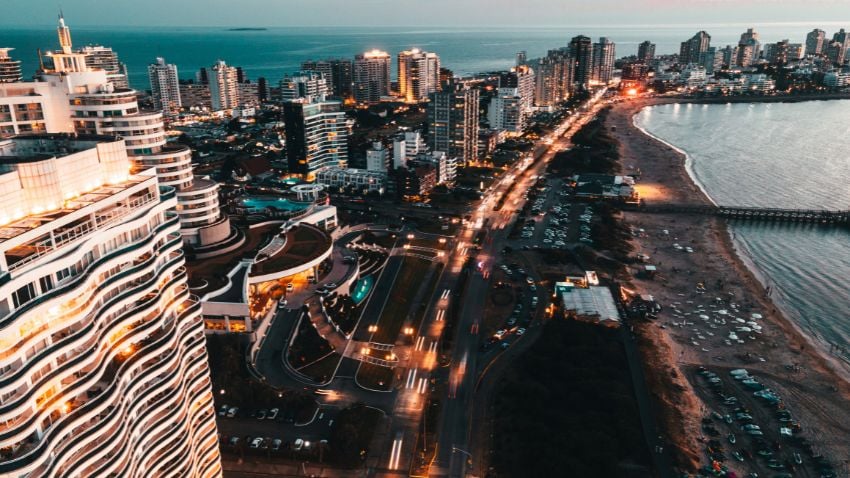
5 min read
Uruguay, located in South America, is a country that expats often overlook. However, this country has much to offer, including its political infrastructure, making Uruguay an excellent destination for expats looking for a high quality of life and a supportive political system. Here we will discuss how expats can take advantage of Uruguay's political system to ensure a smooth transition to life in Uruguay.
Expatriates who choose Uruguay as their new home can leverage the country's unique political system to enhance their overall experience. Uruguay's political landscape is characterized by stability, inclusiveness, and transparency, making it an ideal destination for those seeking a hassle-free relocation.
One of the key advantages for expats is that many official documents, including government websites and forms, are available in both Spanish and English, making it easier for people who are not proficient in Spanish to navigate bureaucratic processes. Whether it's obtaining residency permits or dealing with tax matters, access to information in one's native language simplifies the entire process.

Expats can benefit from Uruguays political stability in many ways
Uruguay has one of the most stable political environments in Latin America. The country has a democratic system of government with a strong constitution that guarantees civil rights, freedom of speech, and equality before the law. The political stability of Uruguay has attracted many expats from around the world looking for a safe and secure environment to live and work in.
Expats can benefit from Uruguay's political stability in several ways. Firstly, the stability of the government means that there is a low risk of political upheaval or instability that could disrupt daily life or work. Secondly, the stable political environment means that the country is a reliable and attractive destination for foreign investment, which can create more job opportunities for expats.
In terms of income and taxes, Uruguay's progressive tax system ensures that people with varying levels of income are treated fairly. Expats should familiarize themselves with the tax requirements to ensure compliance and benefit from the country's tax incentives, such as reduced income tax rates for foreigners with approved residency status.
Opening a bank account in Uruguay is relatively straightforward for foreigners, and it's essential for managing financial matters during the relocation process. Having a local bank account can help expats manage their expenses and handle transactions with ease.
Related content: The Basics Of How To Get A Second Passport Or A Second Residency
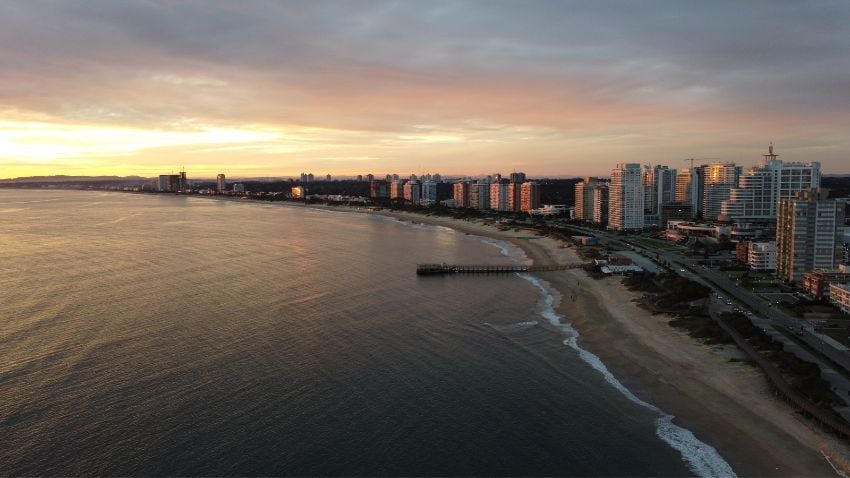
Children of expats can benefit from a high-quality education at no cost
Uruguay has a well-developed education system, offering free and compulsory education to all children between the ages of 4 and 14. The country has a literacy rate of over 98%, and its education system is based on the principle of equal access to education for all, regardless of socioeconomic status.
Expats with children can benefit from Uruguay's education system, as their children can receive a high-quality education at no cost. The country's emphasis on equal access to education means that expat children can attend school alongside their Uruguayan peers, allowing them to integrate into the local community and learn the language and culture of their new home.
Related content: Why Uruguay Is One Of The Best Countries For A Sustainable Lifestyle
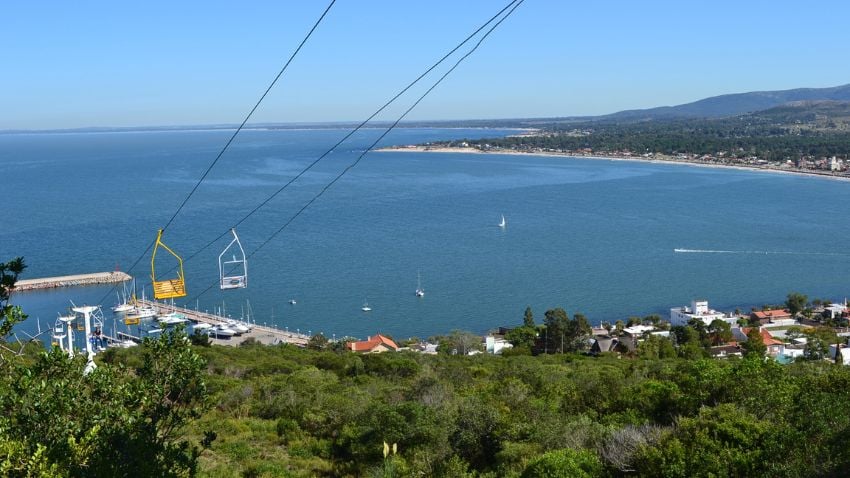
Uruguay's robust infrastructure makes it easy for expats to travel in and out of the country
Uruguay's comprehensive healthcare system offers universal coverage to all citizens and residents. The country has a network of public hospitals and clinics that provide free or low-cost healthcare to those who need it, as well as a growing number of private healthcare providers that offer high-quality care to those who can afford it.
Uruguay does not serve as a popular medical tourism hub. Acquiring medical services as an individual traveller in Uruguay can be considerably costly. If you plan to visit Uruguay, it is advisable to obtain travel insurance. The true advantage lies in the comprehensive healthcare options accessible to residents and expatriates who choose Uruguay as their long-term place of residence. The country's universal coverage means that expats can receive the same level of care as Uruguayan citizens, regardless of their socio-economic status or insurance coverage. Furthermore, many private healthcare providers offer services in English, making it easier for expats to access care.
Uruguay has a well-developed infrastructure, including modern highways, airports, and ports. The country's infrastructure makes it easy for expats to travel within and to neighbouring countries in the region. The country also has a reliable and affordable public transportation system, with buses and taxis readily available in urban areas.
Expats can benefit from Uruguay's infrastructure, as they can easily travel and explore the country. The country's modern highways and airports make it easy for expats to travel long distances, while the reliable public transportation system makes it easy to get around cities and towns. Furthermore, the country's ports make it easy for expats to import and export goods, making it an attractive destination for entrepreneurs and investors.
Uruguay is renowned for its beautiful landscapes, architecture, and rich history. Expats can immerse themselves in the local culture by exploring the historic neighborhoods of Montevideo, enjoying traditional food and music, and mingling with friendly locals who take pride in sharing their heritage with newcomers.
Uruguay's mild climate and stunning beaches provide ample opportunities for outdoor activities and relaxation. Whether it's a day at one of the pristine beaches along the Atlantic coast or exploring the country's diverse wildlife, expats will find that Uruguay offers the perfect backdrop for adventure and relaxation.
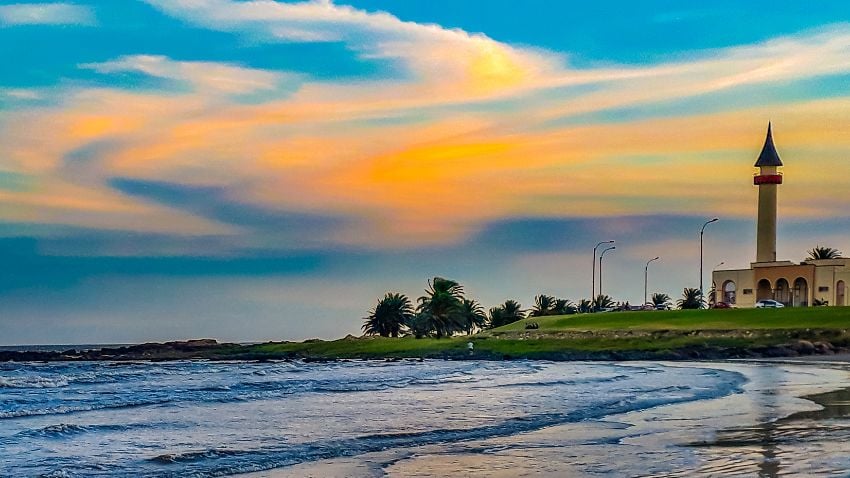
Diving Beach, Montevideo, Uruguay
Uruguay has a simple and straightforward residency and citizenship process, making it easy for expats to become permanent residents or citizens of the country. The country offers several residency options, including a retirement visa, a business visa, and a family reunification visa.
Expats can benefit from Uruguay's residency and citizenship options, as they can establish a permanent home in the country and enjoy the benefits of living in Uruguay. The country's simple and straightforward process makes it easy for expats to obtain residency and citizenship, fully integrating into the local community and contributing to the country's economy and society.
When it comes to housing, Uruguay offers a diverse range of options, from modern apartments in the capital, Montevideo, to charming beachfront houses in Punta del Este. Expats should ensure they have all the necessary documents in order, including a valid residence permit, to make the home-buying process smoother.
Related content: Why Uruguay Residency Is So Appealing
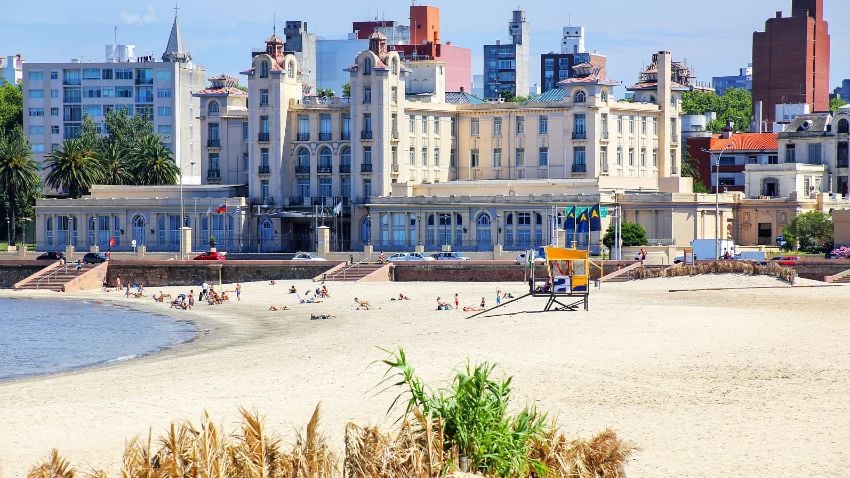
The average standard of living in Uruguay is high, with a lower cost of living compared to other developed countries
Uruguay is widely known as one of the safest countries in South America, with relatively low crime rates and a strong sense of social stability. This makes it an attractive destination for expats who value safety and security. The streets in Uruguay are generally clean and well-maintained, with a well-established waste management system that ensures a high standard of hygiene.
Uruguay also has a strong tradition of urban planning, focusing on sustainability and livability. For example, the capital city of Montevideo has a well-designed layout with wide boulevards and green spaces. The city also has a well-developed public transport system, including buses and a metro line, which makes it easy for residents to get around.
Access to public and private services is accessible in Uruguay. The healthcare system is universal and highly regarded, with both public and private options available. The education system is also well-regarded, with high literacy rates and a strong emphasis on public education. The internet infrastructure is also highly developed, with high-speed internet widely available throughout the country.
The average standard of living in Uruguay is high, with a relatively low cost of living compared to other developed countries. While prices for certain goods and services may be higher than in other parts of Latin America, the quality of life is generally considered worth the cost.
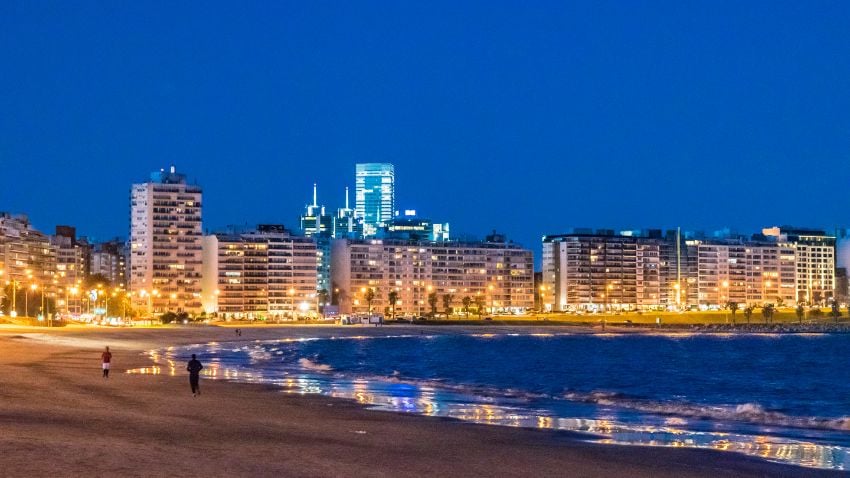
Uruguay is an attractive destination for expats looking for a safe, secure and welcoming environment
Expats moving to Uruguay can benefit from the country's stable political environment, well-developed education and healthcare systems, modern infrastructure, quality of life and simple residency and citizenship process. These benefits make Uruguay an attractive destination for expats looking for a safe, secure, and welcoming environment to start a new chapter in their lives. For these reasons, Uruguay should be on the radar of any expat considering a move to South America.
In conclusion, expats can utilize Uruguay's political system to streamline their relocation process and fully embrace the adventure that this beautiful country has to offer. From the diverse landscapes and rich history to the welcoming people, Uruguay provides an ideal environment for expatriates seeking both relaxation and exploration in a politically stable and inclusive setting.
If you want the best intel from the expat world, including profitable offshore opportunities, little-known tax-saving strategies, and hard-won insights on immigration, passports, and Plan-B residencies, all delivered to your inbox every single week, then join our daily correspondence, EMS Pulse®. Currently enjoyed by over 84,000 expats and expat-hopefuls worldwide. Fill in the form below to join our newsletter free:

Written by Mikkel Thorup
Mikkel Thorup is the world’s most sought-after expat consultant. He focuses on helping high-net-worth private clients to legally mitigate tax liabilities, obtain a second residency and citizenship, and assemble a portfolio of foreign investments including international real estate, timber plantations, agricultural land and other hard-money tangible assets. Mikkel is the Founder and CEO at Expat Money®, a private consulting firm started in 2017. He hosts the popular weekly podcast, the Expat Money Show, and wrote the definitive #1-Best Selling book Expat Secrets - How To Pay Zero Taxes, Live Overseas And Make Giant Piles Of Money, and his second book: Expats Guide On Moving To Mexico.

Mexico remains one of Latin America’s most compelling destinations, especially for North Americans. More than a million expats call it home, and tens...

South Korea is far more than K-pop and K-dramas. It is a country known for outstanding food, from bustling street markets to high-end dining, as well...
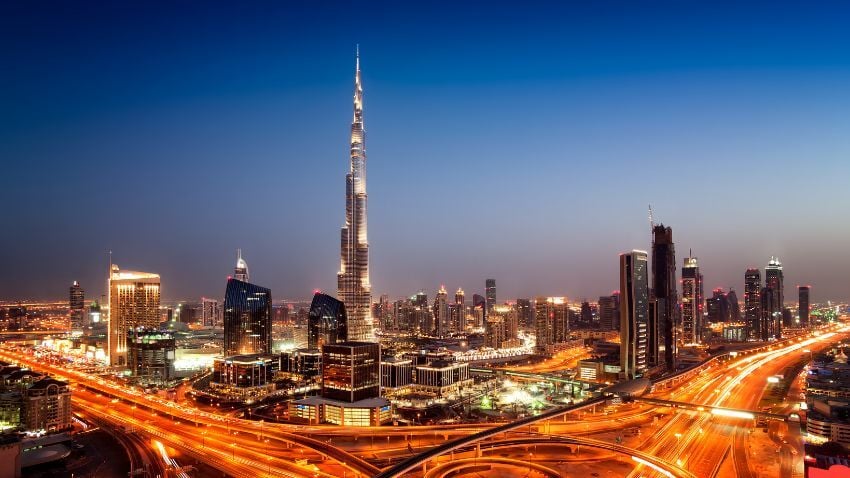
Asia is one of the most fascinating regions in the world for travel, offering an extraordinary mix of cultures, histories, and landscapes. From...